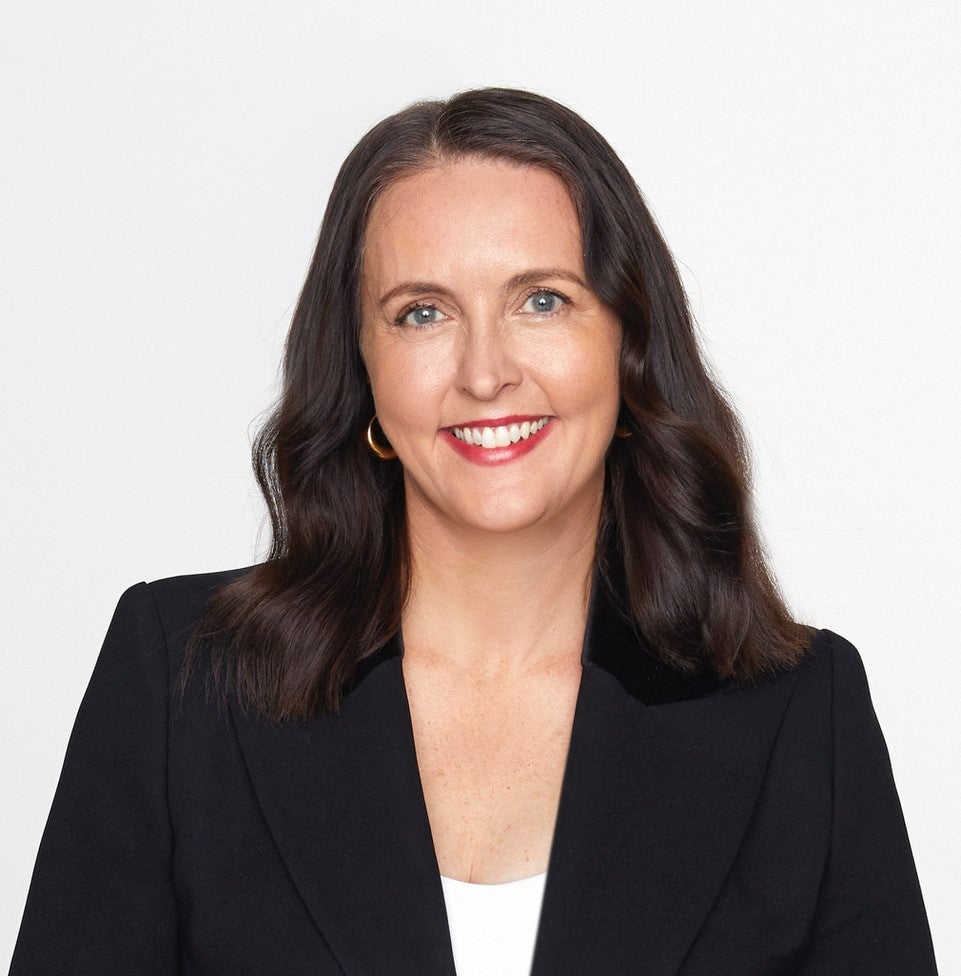
Article by: Madeleine Shaw, Executive coach, speaker & facilitator
Working yourself into the ground serves no-one. You are human, not a machine. You – body and brain - need rest. Too often, good legal practice is taken to be about figuring out how to do it all, faster. For in-house counsel, the client is everywhere (“can I just grab you for a moment?”) making it even more challenging to establish clear boundaries… so we end up either working, thinking about work, or being on call 24/7. Burnout ensues.
I don't pretend to have the magic wand that will fix these challenges. They play out in complex systems that are greater than any one individual. Having offered that caveat (you can take the coach out of law, but you can't take the lawyer out of the coach), here are five tips for setting and maintaining healthy boundaries as in-house counsel – or really, as anyone.
1. Think of boundaries as enablers, not limiters
Prioritising downtime doesn't make you a bad lawyer. It makes you a better one. Investing in your recovery leaves you refreshed and switched on, ready to deliver.
Reframing your boundaries as enablers of performance bolsters your courage in setting them. You are not trading "good professional" status for health by holding appropriate boundaries, you are enhancing both.
2. Always test deadlines
If you receive a piece of work at 4 pm, don't assume you need to cancel your dinner plans. Sometimes deadlines are legitimate - fine. Oftentimes, you will be able to meet the client's needs without working until 3 am. Treating every piece of work as both urgent and maximally important can be the lawyerly way but it’s illogical and doesn’t work.
Ask yourself if the work is urgent – or even necessary – and feel confident to suggest an alternative approach that will meet the organisation’s needs without sacrificing your health.
3. Establish boundaries up front
Be clear about when you are available, when you are offline, and (if required) protocols for contacting you in case of genuine urgent need during downtime. If an urgent injunction is lodged or a building is on fire have someone call you and let you know. Don't check your email every ten minutes, every weekend, just in case.
Relatedly, be clear about what is your remit and what is not. This one is particularly relevant for in-house counsel, who can tend to try to take the entire good governance of their organisation onto their own slender shoulders. You can provide advice and assert yourself strongly, but you are not the organisation. Its good governance may require more than you, as a single human being, can deliver.
4. When you’re not working, don’t work
This one follows on from tip 3. Don’t check your emails! This is a tough one for many lawyers. Worried about missing something critical, they will wake in the night, check their email and end up responding to something - severely short-changing themselves in the process.
When you’re actually asleep, you’re not checking your email.
When you’re in a critical meeting, you don't scroll your email (I hope).
Whatever comes in during those times is handled when you wake up, or get out of the meeting.
Take the same approach. Be what I call "notionally asleep". You don't need to be scanning your inbox every few minutes. You can deal with anything there once you check it on your own terms and timing.
One adjustment that several clients have found helpful is to have pre-set "triage" times. Log in, check your emails for anything that genuinely can't wait, leave the rest. This can relieve the anxiety that many counsel feel about switching off at say 6 pm on a Friday and not seeing something important until 9.00 on Monday.
5. Team up
Opening up a conversation with your colleagues, peers or tapping into external support through places such as your EAP, the ACC Australia or - yes - a coach can make all the difference. A common piece of feedback I hear from clients is surprise and relief that they are not the only ones grappling with these issues. Sharing strategies, establishing protocols and just feeling heard and understood can make a real difference. Help is available, and it helps. Don't go it alone.
The ACC Australia is delighted to be partnering with Madeleine Shaw to deliver Thriving as a Lawyer, an 8 week program commencing in August. Contact us for information or join our webinar Out of the Quicksand: Thriving for Corporate Counsel on 30 July, where we will be sharing more details about this opportunity.

Madeleine Shaw is an in-demand executive coach, speaker and facilitator with over two decades of experience working with lawyers: the first as one of them (including 5 years as corporate counsel) and the second as a coach, helping them work through difficult career questions and find progress and satisfaction again. For over 12 years now she has worked at the intersection of mindset and evidence-based resilience and wellbeing, including several very well received sessions for ACC. She is interested in helping people be great leaders and leaders be great people.